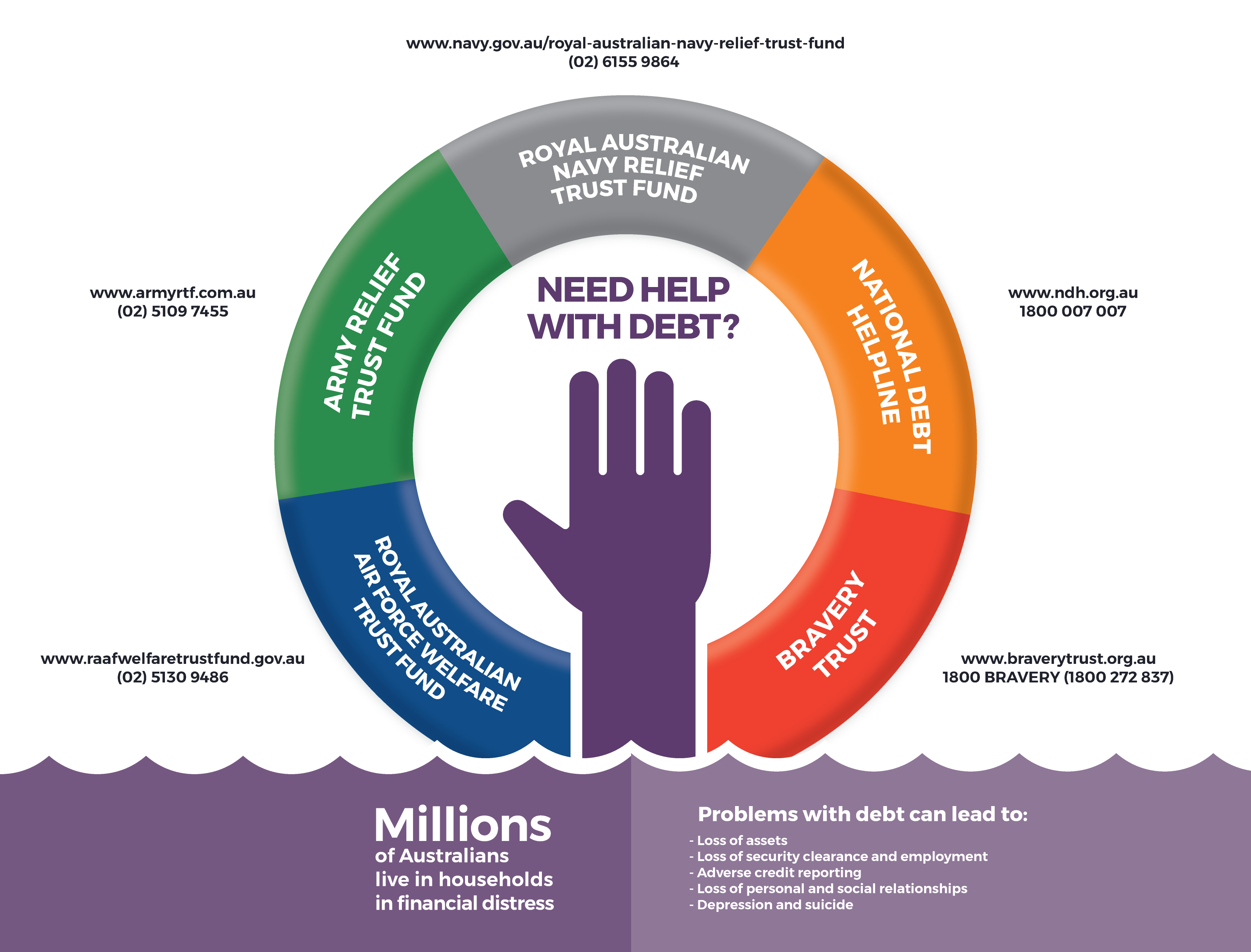
Recent changes to DHOAS
March 13, 2023
Knowing your Consumer Rights – A Case Study
April 13, 2023It’s everywhere in the news at the moment, due to the rising cost of living, including increasing rent and the interest rates on mortgages, many people are doing it tough. So, what can you do to ease financial pressures, or, if you are one of the fortunate people who finds themselves in a good financial position, how do you make the most of these challenging times?
When money is tight
- Check your budget
A budget helps you identify where your money is currently going and whether there are expenses that could be cut, to boost savings or reduce your mortgage and other debts. A budget also helps you work out how much money to put aside regularly for bigger expenses like car registrations, school fees and insurance. It doesn’t matter whether you use pen and paper, a spreadsheet or an online tool like our budget calculator, it just matters that you do it.
- Look for savings
A budget is an excellent tool for finding potential savings you can make with limited pain. Look over your budget to see what things you are currently paying for but receiving limited benefit from. For example, a subscription service or gym membership you are not using anymore.
- Shop around for better prices
If you have the time, use the internet to shop around for better deals on everything from groceries to utilities, phone and internet plans, even Facebook groups offering free stuff in your area. Use your imagination, the possibilities are endless.
- Access Government Support if you need it
You may not have considered whether you and your family qualify for Government assistance. The Services Australia website has comprehensive information on the payments and other support available.
- Tackle debt issues head on
If you are struggling to meet repayments on debts such as mortgages, personal loans, car loans and credit cards, talk to your lender, they have special arrangements for people facing financial hardship. Arrangements could include reducing interest and fees, or a deferral of payments until the crisis has passed and you’re back on your feet. You will achieve the best result if you approach the lender proactively. The worst thing you can do is fail to pay without talking to the lender, thereby defaulting on your debts, which may have a negative impact on your credit rating, potentially affecting your ability to borrow money in the future. The Australian Banking Association website has more information.
If you need help, please contact us or read our webpage on problems with debt. If your financial stress is temporary and you need short-term help, each Service has a Relief Trust Fund (RTF) that you may be able to access. Please contact the fund directly to see if you qualify for a RTF loan.
To take advantage of the current economic climate
If you are in the fortunate position to be saving money during the pandemic, because there are fewer opportunities to spend, here are a few tips on making your money work harder:
- Set goals – set at least one short, medium and long-term goal, cost them out and work out how long it will take to reach each goal and how much you will need to save to get there. Write it down. The Moneysmart savings goals calculator can help you work the figures out.
- Pay down debt – there’s no point leaving money in a bank account earning very little interest, if you are paying a high interest rate on a car loan, personal loan, or any other debt. Consider using spare cash to pay down debt, and then start saving for the future.
- Get a better rate on borrowings – now might be a good time to negotiate a better deal with your lender. Use a comparison website to see what the lowest rates in the market are and then ask your lender for a better deal. This tactic could also work on other types of loans.
- Review your super – while you are thinking about saving and investing, go to your super fund’s website and see what your investment options are. If you’ve never made an investment choice, there may be other investment options that could be earning you a better long-term average return. This applies to accumulation fund members and to the ‘member’ component of a defined benefit fund.
If you are in need of financial education or guidance, access to free financial counselling due to financial hardship or independent personal financial advice, don’t hesitate to contact us. We have a small team with extensive knowledge and access to a large network of professional people outside of Defence who can offer assistance by way of free financial counselling (in the case of hardship), or financial advice on a fee paying basis, depending on your personal circumstances.







